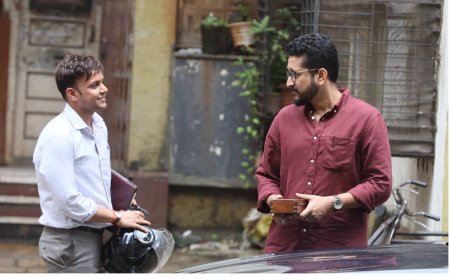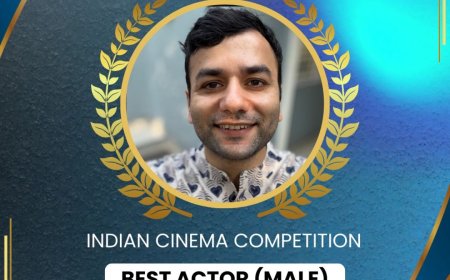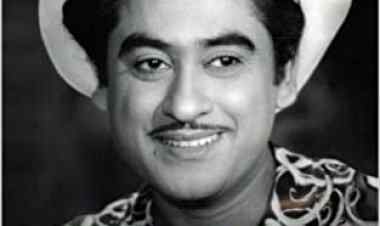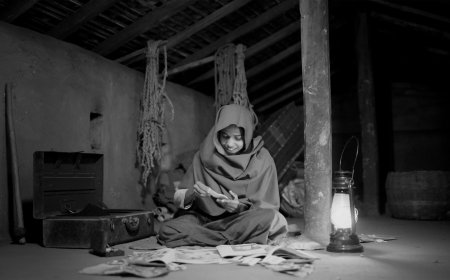Interview with Ritam Chakraborty on his film "Salvation Dream"
Dipankar Sarkar provides an interview with the "Salvation Dream" filmmaker Ritam Chakraborty
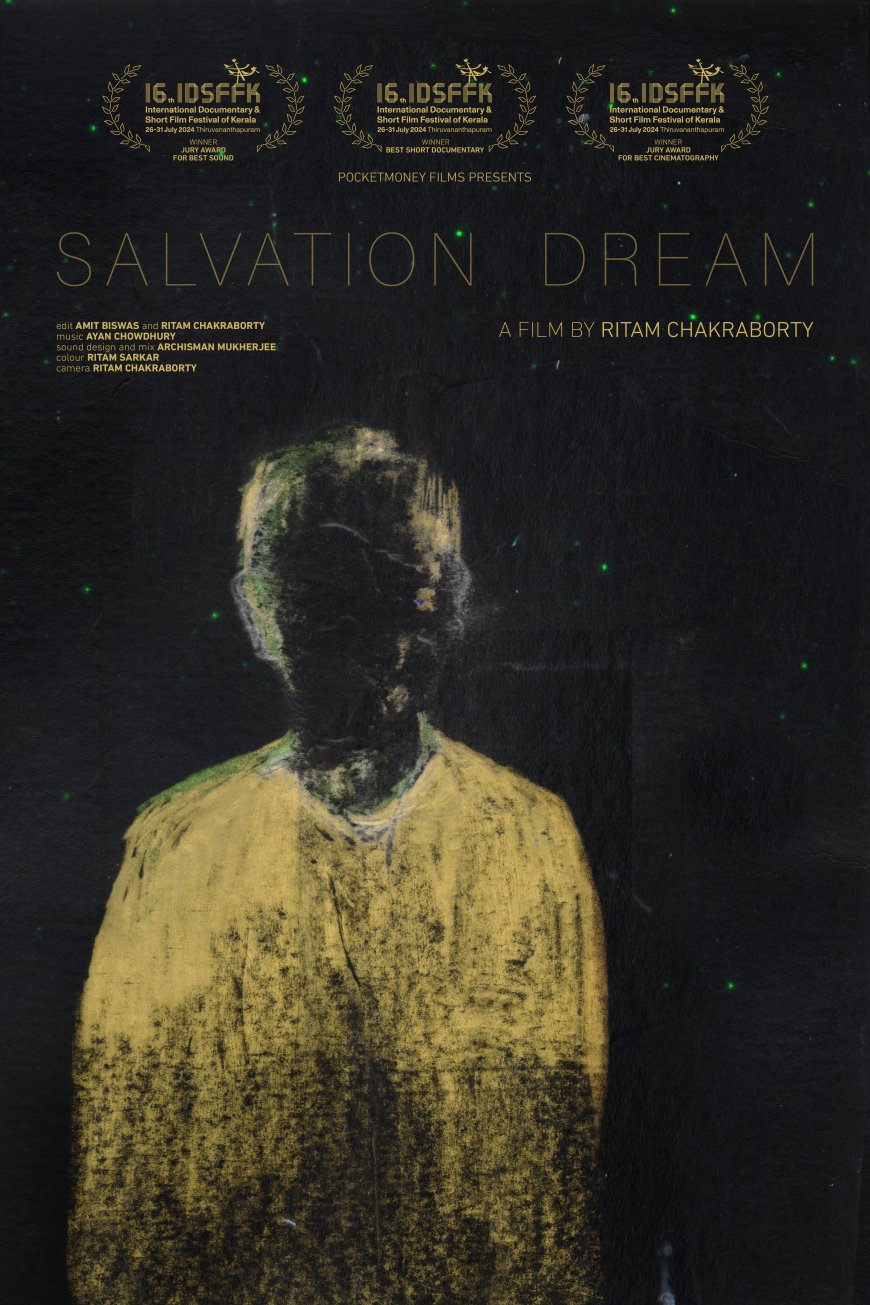
Ritam Chakraborty is an independent filmmaker based in Kolkata, India. He graduated from Calcutta University with a degree in Film and Journalism. He was a Co-Founder and Film Curator of an Independent OTT website 'PocketmoneyFilms.com'. 'Salvation Dream' is his debut documentary which won the Best Short Documentary, the Jury Award for Best Cinematography and Best Sound in the 16th IDSFFK.
Why did you choose not to silently capture your grandfather, Jitendra Nath Chakraborty, counting his last days of life?
What I grasped from watching him was that most of the time, he was waiting; there wasn't much to say. So, I have chosen silence to emphasize his loneliness, depression, and reality, too.
The opening image is of a small plant in the rainfall, and the final image is of your grandfather inside a mosquito net. Can you discuss the significance of the two images?
The tree we see at the beginning of the first scene, in the rain is a symbol of loneliness. It has been used to capture the mood of the film right from the beginning. In the final shot, the way he sat with his head buried inside the mosquito net was something he did every day. It was as if, he prayed for freedom before sleeping, hoping that night would bring with it the last of all his sorrows and sadness. After I had shot this moment, somehow I knew it would be the final shot of the film.
Eighteen minutes into the documentary, why did you choose to include the news item about a woman murdered by her husband?
My grandfather had the habit of news which I wanted to demonstrate. Through the news piece, I try to go inside the life which was full of violence. Then, a fierce argument takes place, and it is part of the violence.
In another scene, you juxtaposed the howling of the dogs with that of people quarrelling. Was it used as a humorous element, or did it serve a deeper purpose in highlighting the mundanity of the narrative?
For me, no, this was not an amusing aspect: the dog barked naturally while doing the recording. However, viewers are free to interpret their own ideas.
The documentary is composed of static shots. As the co-editor, how did you and Amit Biswas decide upon the duration of the shots?
The static shot is an important aspect of this film, along with its duration. The movement of the elderly man is very slow and minimal, which is why the camera remains still and lingers in several places. Particularly when we enter the night scenes, the duration of the shots increases because, for the grandfather, the night feels even more lonely and inactive. These elements have influenced the duration of the shots. In fact, when Amit and I were editing the final shot of the day, where the grandfather is lying down and the last light of dusk is falling, we felt that we should pause for a moment because this scene is a meditation, capturing only the sound of breathing and the twilight fading as night descends.
What are your plans for the future?
I'm not very aware about future plans, but I want to make films. If it's possible to overcome various economic and social barriers, then surely I'll have an incentive to work on more projects that I'm currently contemplating. But if that doesn't happen, then I won't have any regrets, as I can easily spend my life farming and just wandering around.
*****
What's Your Reaction?







